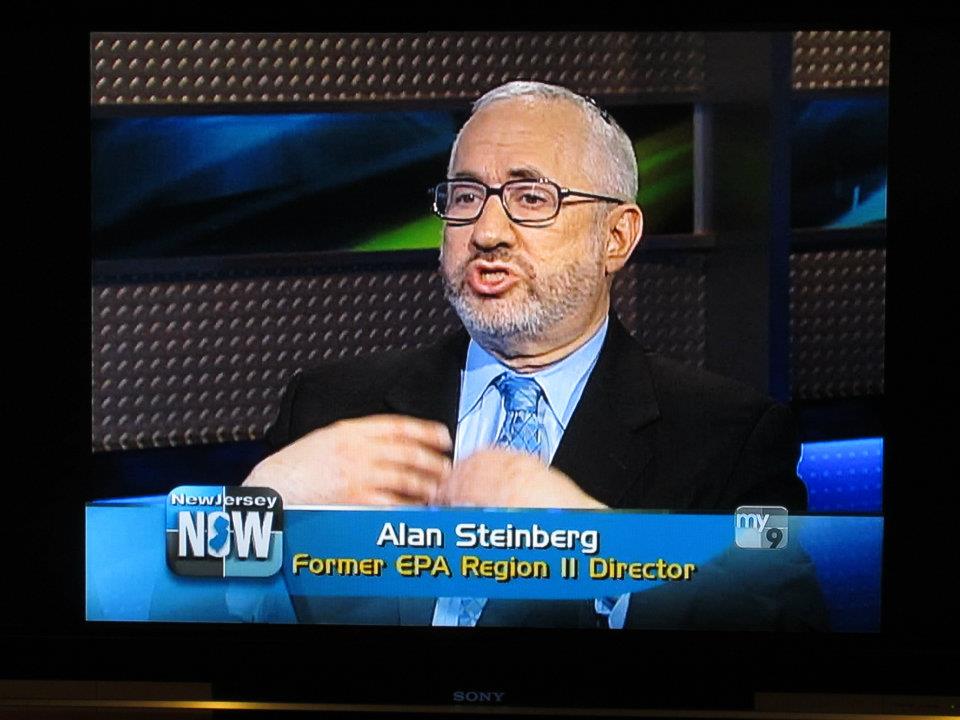The Politics of the Phil Murphy State Bank Proposal

This past weekend, PoliticoNewJersey published an excellent article by Katherine Landergan on the Phil Murphy state bank proposal. The article is the first in-depth analysis of what is thus far the most controversial initiative of the Murphy campaign.
In a nutshell, the proposal involves the State of New Jersey placing its tax revenues into a new bank owned and operated by the state, with its board of directors appointed by the governor. The bank would attempt to leverage its resources and engage primarily in the following three activities: 1) Student loans; 2) Small business loans; and
3) Financing of small scale local infrastructure projects. The interest rate for these loans would be below market. Any bank profits would be contributed to the state budget.
I will not engage here in an in-depth analysis of the compelling arguments for and against the proposal. Katherine Landergan has done that admirably. My focus is on the politics of this issue with one overriding question, as follows:
This is a campaign where Phil Murphy would seemingly almost be guaranteed victory by spending the next four months attacking Donald Trump and Chris Christie every day. Why would he risk it all by making such a controversial proposal? There are two factors that give the Murphy state bank initiative the potential for political toxicity, regardless of its policy merits.
First, rightly or wrongly, the electorate may well view this as a risky proposal for taxpayers at a time when voters are highly risk averse. Opponents of the measure, particularly major New Jersey banks, will argue that there is serious risk to the Murphy bank in the event of substantial default by student, business, or municipal borrowers. These foes of the proposal will claim that under such circumstances, New Jersey taxpayers may have to pay additional taxes to bail out the bank.
Second, the plan is suggestive of Wall Street banking strategies, giving the Guadagno campaign a most significant opportunity to remind voters of Phil Murphy’s Wall Street and Goldman Sachs origins, at a time when neither Wall Street nor Goldman Sachs is well thought of by working class and middle class New Jerseyans. And the Guadagno campaign will certainly remind voters that the last “Wall Street Governor” financial initiative was Jon Corzine’s proposal to double the toll rates on New Jersey toll roads.
I can already predict that the Guadagno campaign will produce a commercial that runs something like this:
Remember Wall Street Governor Jon Corzine from Goldman Sachs, who wanted to double your tolls? Well now we have Phil Murphy of Goldman Sachs. He wants to take all your tax dollars and put them in a risky bank, which he and his Goldman Sachs friends will run.
A commercial like this may not be fair, but it would be highly effective. And nobody can blame the Guadagno campaign for regarding this issue as the breakthrough opportunity they so badly need.
There is another strategic opportunity for the Guadagno campaign arising from this issue. As long as Phil Murphy has to devote time to advocate and defend this proposal, he is not discussing the education funding/ property tax crisis, the leading political topic in New Jersey in this election. This could give Kim Guadagno the opportunity to seize the property tax/education funding issue as her own.
Yet there is one significant reason why I hesitate to term the Phil Murphy state bank proposal a liability to his campaign. In Brendan Gill, Julie Roginsky, Brad Lawrence, and Steve DeMicco, Phil Murphy has the best leadership team of any New Jersey statewide Democratic campaign over the past four decades. These are four individuals whose campaign skills and political instincts are far superior to mine. I refuse to believe they would be supporting the bank proposal without first doing an in-depth political analysis.
In fact, there are two significant constituencies who will be strongly in support of the Murphy proposal: 1) Municipal officials and 2) the small business community. And the opposition of leading state banks will buttress Murphy’s claim that he is not a tool of financial interests. This may well actually enhance enthusiasm for him on the part of Bernie Sanders Democrats.
All things considered, one cannot assess with any degree of certainty the political ramifications of the Phil Murphy state bank proposal. From the policy point of view, the initiative is new and interesting and should result in healthy debate between the two major party gubernatorial candidates.
Alan J. Steinberg served as Regional Administrator of Region 2 EPA during the administration of former President George W. Bush and as Executive Director of the New Jersey Meadowlands Commission under former New Jersey Governor Christie Whitman.










Actually, Didn’t This Person Qualify For A “First – In Depth Analysis?” From The Other Blog?
Widely-respected former N.J. State Treasurer Andrew Sidamon-Eristoff penned a well-reasoned, sober but no less devastating for it op-ed criticizing the plan: https://savejersey.com/2017/04/new-jersey-state-public-bank-phil-murphy/
Alan states the obvious, once again.